Epithra 100mg Epirubicin Injection
$130.00 – $1,120.00Price range: $130.00 through $1,120.00
Epithra 100 is used to treat various cancers, including breast, lung, and ovarian cancers. It contains Epirubicin, which works by interfering with the growth and reproduction of cancer cells.
| Pack Size | Price | Price / Unit | Quantity | |
|---|---|---|---|---|
| 1 Injection | $130.00 | $130.00/ unit | ||
| 5 Injections | $625.00 | $125.00/ unit | ||
| 10 Injections | $1,120.00 | $112.00/ unit |
Want to order in bulk / B2B price ? | Send Inquiry |

| SKU | 11097 |
| Manufacturer | Glenmark Pharmaceuticals Ltd |
| Categories | Anti Cancer |
| Delivery Time | 10 - 14 Working Days |
| Strength | 100mg |
Introduction to Epithra 100 mg Injection
Epithra 100 Mg Injection contains an active ingredient, Epirubicin, which is used in the treatment of breast cancer. Breast cancer is type of cancer which develops from breast tissue. Symptoms of breast cancer comprise lump in the breast, dimpling of the skin, a change in breast shape, & fluid coming from the nipple, an inverted nipple, or a red/ scaly patch of skin.
This medicine is available at all the leading pharmacy, drugstores, and medical supply stores & must be taken by doctor’s prescription only. This medicine is manufactured by Glenmark Pharmaceuticals.
It is given as a drip or infusion vein with extreme caution by a qualified medical professional. It can be used alone, or sometimes given together with certain other medicines as part of combination chemotherapy. Your doctor will decide what dose is necessary and how often you need to take it. This will depend on what you are being treated for and may change from time to time.
Uses of Epithra 100 mg
- Breast Cancer
- Bladder Cancer
- Ovarian Cancer
- Lung Cancer
- Stomach Cancer
- Soft Tissue Sarcomas
- Lymphomas
- Leukemia
How does Epithra 100 Works?
Epithra 100 Mg Injection has an active ingredient; Epirubicin is an Anti-Cancer Medication which works by suppressing the activity of an enzyme (topoisomerase II) involved in DNA multiplication of the breast cancer cells. It forms harmful chemicals (free radicals) which cause DNA damage. This slows the growth of breast cancer cells & eventually kills them.
The drug binds to DNA, causing breaks in the strands. This disrupts the DNA’s ability to repair itself, leading to cell death. Since cancer cells divide rapidly, they are more affected by this action than normal cells, although some healthy cells can also be affected.
Side Effects of Epithra 100
Common Side Effects
- Low blood platelets
- Nausea
- Diarrhea
- Weight loss
- Hot flashes
- Gastrointestinal inflammation
- Low energy
- Eye disorder
Serious Side Effects
- Heart Damage (Cardiotoxicity)
- Severe Infections
- Severe Bleeding or Bruising
- Liver Toxicity
- Severe Mouth Sores
- Kidney Damage
- Severe Nausea and Vomiting
- Anemia (Low Red Blood Cells)
- Tissue Damage at Injection Site
Dosage of Epithra 100 mg
Epithra 100 Mg Injection contains an active ingredient, Epirubicin, which is used in the treatment of breast cancer. This medicine is available in different strengths and substitutes & must be purchased or given on doctor’s prescription only. You should consult your doctor for dosage and time because age and severity of the disease differ from person to person and it can only be judged by your doctor.
Adults are advised to take Epithra 100 Mg Injection at a fixed time with or without food as instructed by your Doctor. You must take Epithra 100 Mg Injection regularly on time for better results.
Other Dosages of Epithra
How To Manage Side Effects?
- Contact Healthcare Provider
- Monitor Blood Pressure
- Use as Prescribed
- Carry Medication Always
- Proper Storage
- Training for Use
- Emergency Contacts
- Keep Track of Expiration Date
- Avoid Driving
Warning & Precautions
1. Pregnancy and Breastfeeding:
- Not recommended during pregnancy or breastfeeding due to potential harm to the fetus or baby. Effective contraception is advised during treatment.
2. Liver Function:
- Caution in patients with liver impairment. Epirubicin is metabolized by the liver, and dose adjustments may be necessary for those with liver disease.
3. Low Blood Counts:
- Epirubicin can reduce white blood cells (increasing infection risk), platelets (increasing bleeding risk), and red blood cells (causing anemia). Regular blood tests are needed.
4. Infection Risk:
- The drug suppresses the immune system, making you more vulnerable to infections. Avoid contact with sick individuals, and seek medical advice if you develop fever or chills.
5. Kidney Function:
- Caution in patients with impaired kidney function, as Epirubicin can accumulate in the body and lead to kidney damage.
6. Hair Loss:
- Temporary hair loss is common, but hair typically grows back after treatment. Patients should be prepared for this side effect.
7. Vaccination Caution:
- Live vaccines should be avoided while on Epirubicin treatment, as the drug weakens the immune system, increasing the risk of infections.
8. Extravasation Risk:
- If Epirubicin leaks out of the vein during intravenous administration (extravasation), it can cause severe tissue damage. Proper IV administration techniques are essential.
Safety Advice
- Take as prescribed by your doctor.
- Get regular blood tests to check blood counts.
- Report any infections or fever immediately.
- Stay hydrated and manage nausea with prescribed medications.
- Monitor kidney function during treatment.
- Rest if fatigued and report severe tiredness.
- Seek immediate help for any signs of allergic reactions
Frequently Asked Questions
1. What is Epithra 100 used for?
Epithra 100 is used to treat severe allergic reactions (anaphylaxis) caused by insect stings/bites, certain foods, medications, or other allergens.
2. How does Epithra 100 work?
Epithra 100 works by stimulating certain receptors in the body, which helps to reverse the symptoms of anaphylaxis, such as difficulty breathing, swelling, and low blood pressure.
3. How is Epithra 100 administered?
Epithra 100 is available as an auto-injector, which is designed for easy self-administration in emergency situations. The injector is usually injected into the thigh.
4. Can I use Epithra 100 for mild allergic reactions?
No, Epithra 100 should only be used in severe allergic reactions or anaphylaxis. For mild allergic reactions, consult your doctor for appropriate treatment options.
| Pack Size | 1 Injection, 10 Injections, 5 Injections |
|---|---|
| Price/Unit | $120/unit, $125/unit, $130/unit |
Be the first to review “Epithra 100mg Epirubicin Injection” Cancel reply
Related Products
Anti Cancer
Anti Cancer
Anti Cancer
Anti Cancer
Anti Cancer

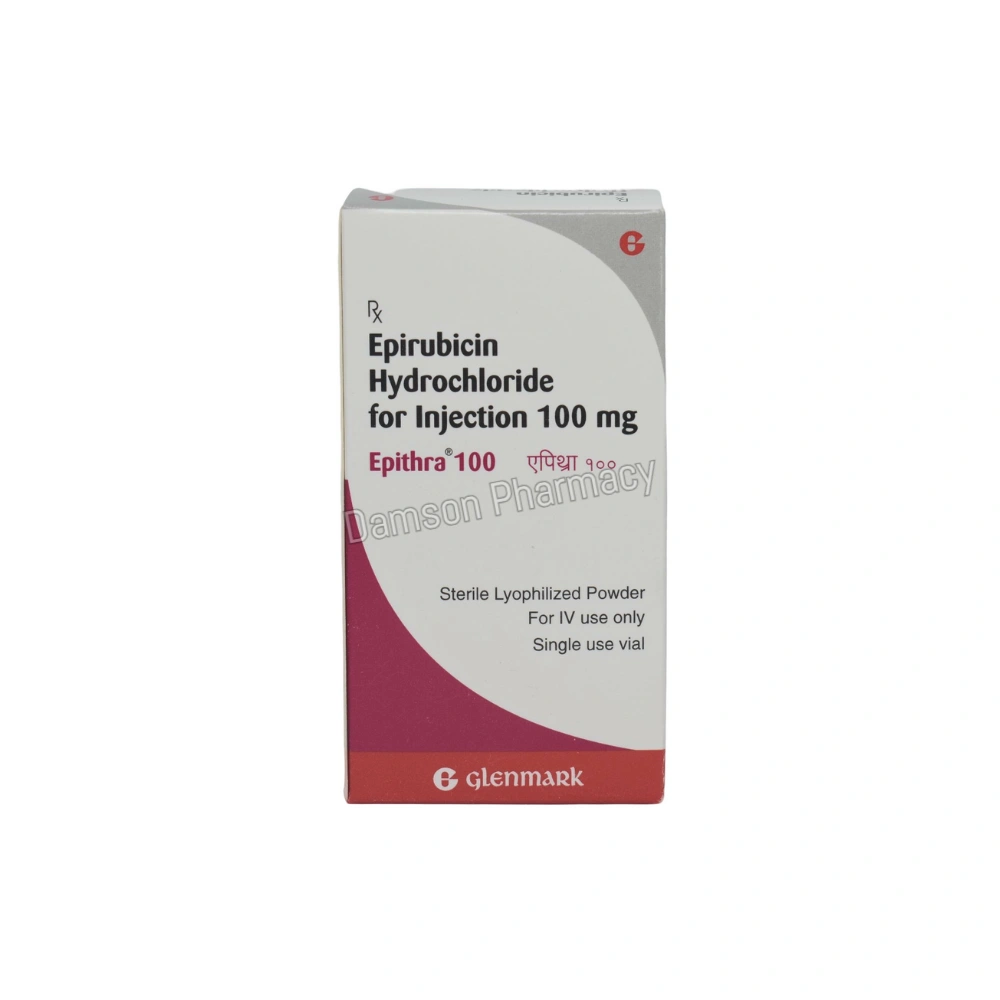
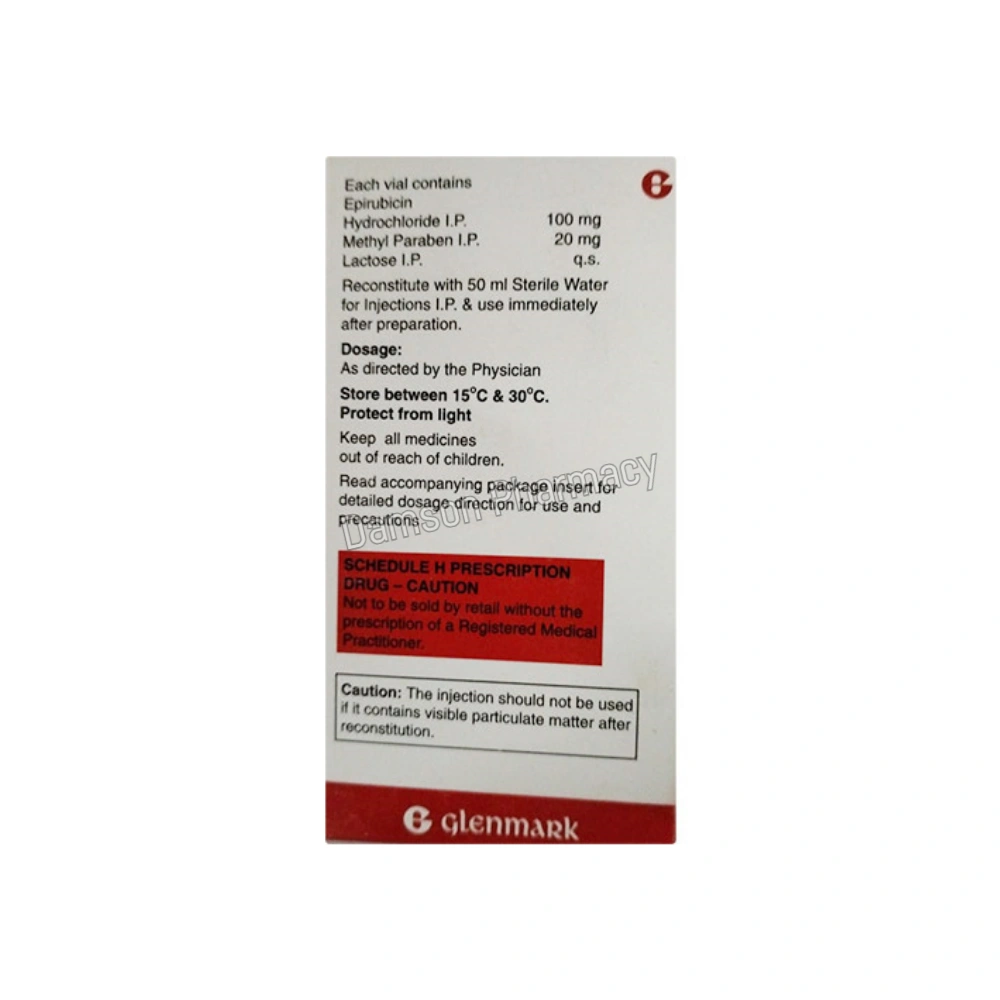
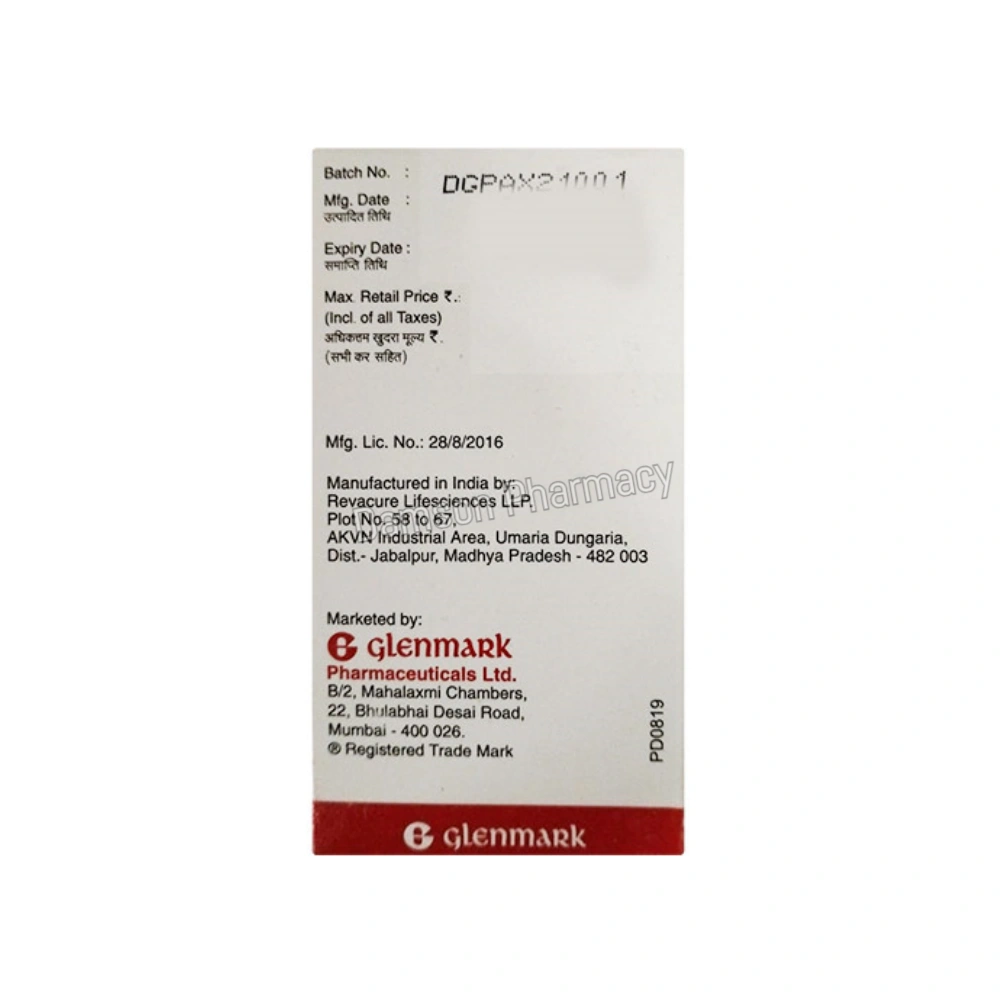
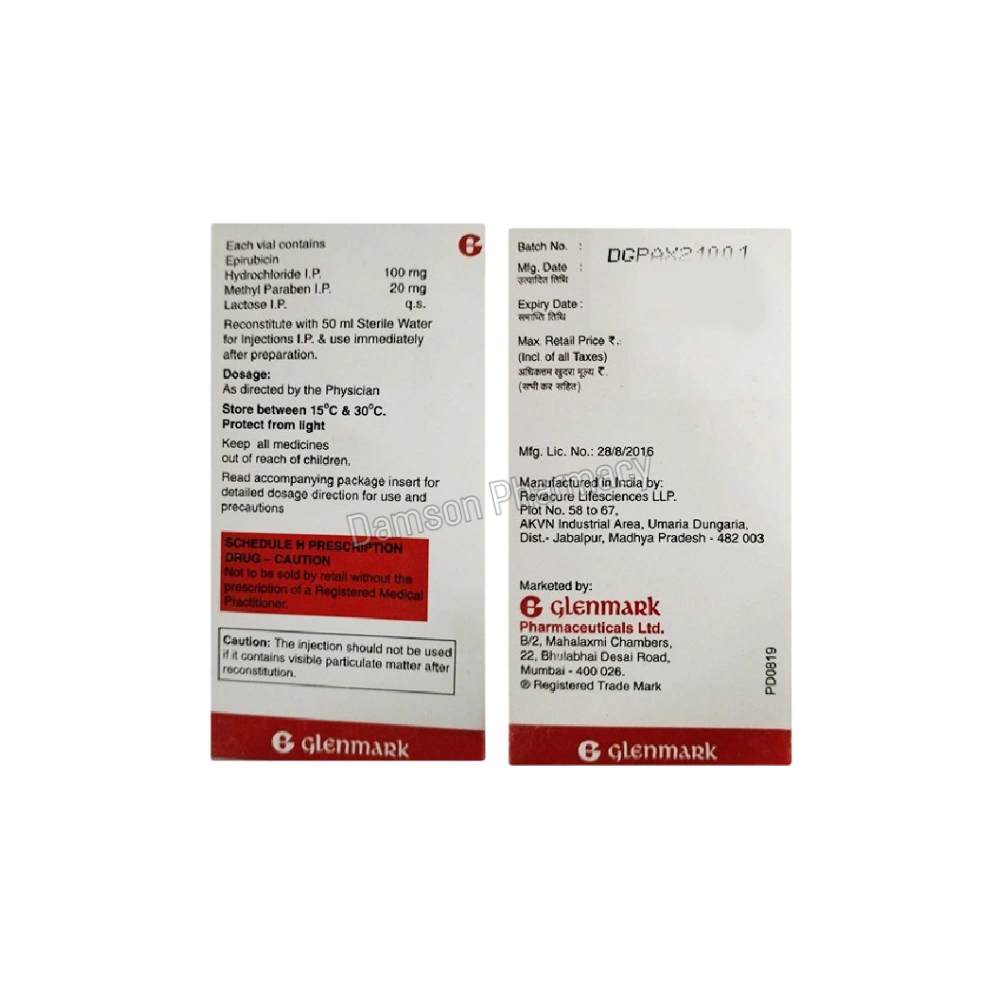
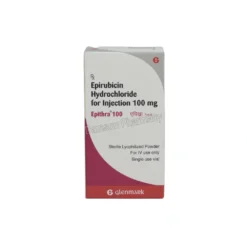
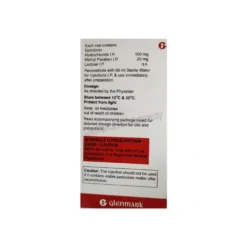
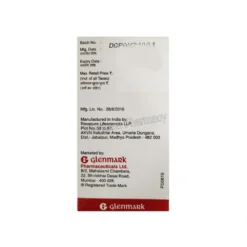
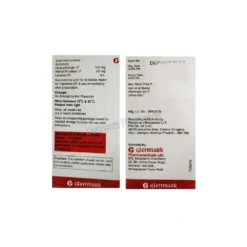
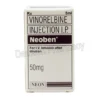

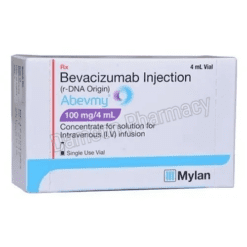
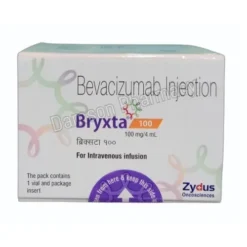

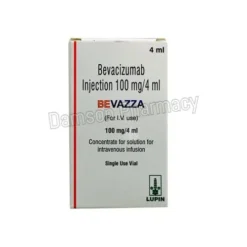
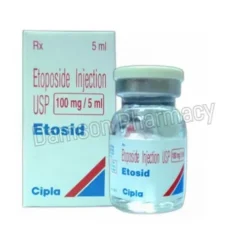
Reviews
There are no reviews yet.